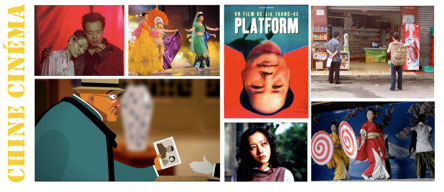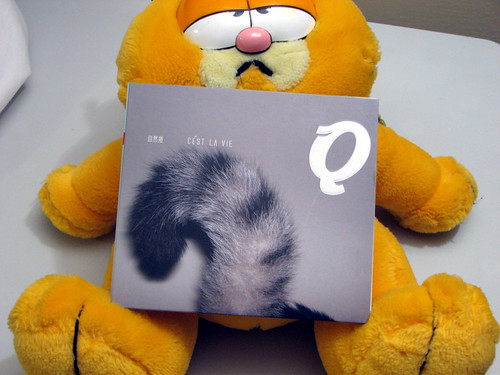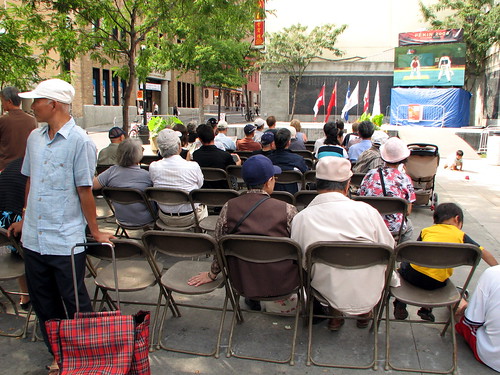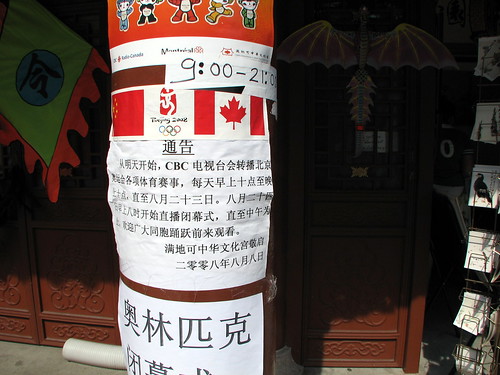Such a post, I am torn between doing it in English (larger audience) or French, because I am venturing the guess that many descendants of the village I will be talking about have immigrated to France, Canada, or another French-speaking country. This is because this village, Ge’an in Putonghua or Got’ngon in Cantonese dialect (葛岸 … Continue reading “葛岸 / Ge’an / Got’ngon : my ancestral village in Guangdong province”

Such a post, I am torn between doing it in English (larger audience) or French, because I am venturing the guess that many descendants of the village I will be talking about have immigrated to France, Canada, or another French-speaking country. This is because this village, Ge’an in Putonghua or Got’ngon in Cantonese dialect (葛岸 in Chinese characters), is where my paternal grandfather was born, before he left China for Antananarivo (Tananarive), Madagascar, where my father grew up before immigrating to Montreal, Canada. Like it’s frequently the case with immigration patterns, many of my grandfather’s fellow villagers settled in Madagascar and then moved on to somewhere else (just like how the Taishan wikipedia page claims that 75% of all Overseas Chinese in North America came from that small locality of now 1 million).
In 2005, I visited the village accompanied by one of my dad’s cousins living in Hong Kong. My first impression was that I would probably be willing to fork out a few thousand dollars to renovate the house, if I could make it into some sort of out-of-town chalet, if I were to live in Hong Kong one day (with as many “ifs”, you aren’t getting nowhere). The village is surrounded by fields, but outside the village proper, passes a highway. A few kilometres out, it was the city, and the Pearl River Delta Region, one of China’s most dynamic economic zone (because of Hong Kong, and money/influence from Overseas Chinese). We had late lunch in a restaurant in nearby town Lecong (樂從/乐从)
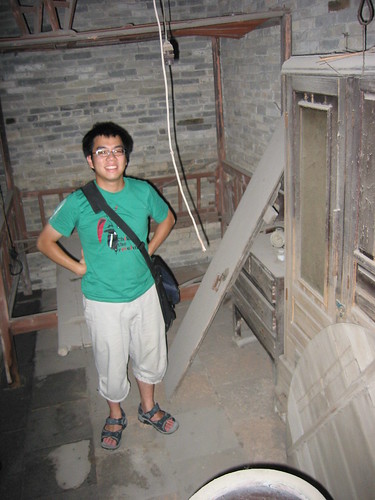
After the visit, I did not think of looking for the village again. Last spring, when I visited China, and Hong Kong, I ventured with the possibility of just dropping by. I did not, and went to Kaiping instead, on my three-day visit to Guangdong, and then the Shenzhen/Dongguan area.
Why I did not? Probably because it was just too much hassle asking relatives to show you around, and how to get there. This is certainly until I found out that Google Maps released detailed maps in China, sometime in July 2008, when Google teamed up with Chinese firm MapABC.com. It was the first time that users of Google Maps could see more than cities with no streets (with no names).

When my father went to China for the first time ever last year, he also snapped a picture in Ge’an of a public announcement board with the village name’s Chinese characters. With a little character-engineering with Zhongwen.com (don’t know any site for breaking down Chinese characters yet), I managed to find the pinyin for Ge’an (which I knew just approximately as “Cot’ngon”), and figured out how to input the characters on my computer. At that time, a year ago, I found a website at geanren.org (URL means basically “People of Ge’an”) that may not always be up, but which is a lousy-looking Java-backed site run by a dude whose last name is the same as mine…
Before then, we were always generally told that we came from Shunde (Seondak in Cantonese), a city of roughly 1.1 million, according to 2002 census data.
Incidentally, my maternal grandfather, who immigrated to Vietnam, came from a csomewhere in the city of Foshan, which is today the same administrative mega-city that gobbled up Shunde, a county-level city until 2002, and now a “district” of Foshan.
Thanks to Google Maps, I may now show the rest of (English-speaking) world where I come from and perhaps go back to with my own means.
View Larger Map
Specifically, Ge’an is a small village, in the district/city of Shunde, which is part of the prefecture-level city of Foshan.
From what I gathered in 2005, as my father’s cousin chattered with the relative leaving nearby, the idea of building a nice big house in the village is nothing new, as other “villagers” now actually live in villas that they built within the village.
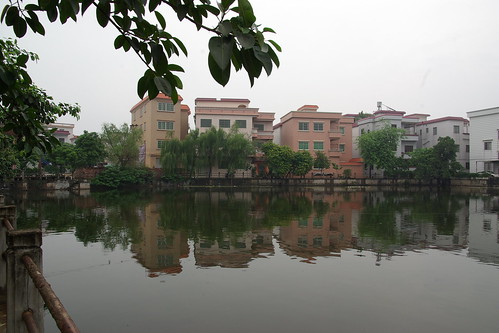
Except the 2005 photo of myself, the photos on this post were taken by my father.






